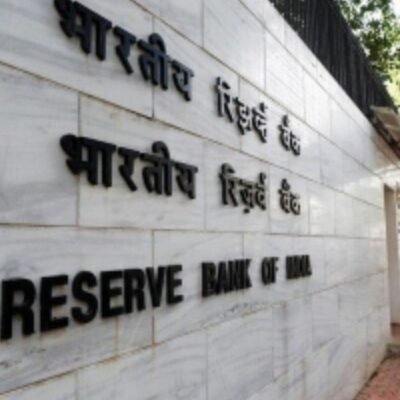Seven UK professional football clubs were issued winding up petitions in 2023 – the highest figure since 2020 – as financial pressures intensify*, says leading national accountancy group UHY Hacker Young.
Football clubs that have been issued winding up petitions in the past year include Coventry City, Southend United and Taunton Town.
Among the financial pressures football clubs face are high interest rates, which have made debt more expensive for football clubs.
Many professional football clubs built up large debts during the pandemic as a result of curtailed ticket sales. Some clubs have been unable to repay their creditors or meet their tax obligations with HMRC.
Football clubs have also been struggling with spiralling inflation, particularly in employee salaries and energy costs. Some clubs have increased ticket prices in an effort to stabilise their finances, however such measures have broadly proved insufficient.
UHY Hacker Young say that the current financial pressures are particularly causing smaller clubs to struggle, for whom ticket sales account for a higher proportion of their income.
“Covid had the double impact of slashing football clubs’ income while causing their expenses to balloon. The Covid pandemic is long gone but the financial impact on football clubs still lingers,” says Brian Carey, Partner at UHY Hacker Young.
“Many clubs were forced to take on large amounts of debt to stay afloat during the pandemic and high interest rates made servicing this growing debt increasingly expensive.”
Carey notes that smaller football clubs have been hit the hardest.
“While they have far smaller wage bills than larger clubs, they also typically have far less lucrative sponsorships and television rights. For these clubs, lost ticket revenue has proved very hard to replace through other revenue streams,” he says.
“With the cost-of-living crisis continuing to curtail individuals’ spending power, there is a limit to how much cost can be passed onto the fans. Football clubs that have raised prices too fast have seen fewer punters through their doors.”
“Consumer spending is now recovering – albeit slowly. If this trend continues and interest rates start to come down, the financial pressures on football clubs will be significantly reduced.”
How accountants are saving football clubs
Accountants advising football clubs must prioritize effective debt management strategies. Given the rising interest rates, restructuring existing debt to secure more favourable terms can alleviate some financial pressure.
Clubs should explore refinancing options, negotiate with creditors, and consider consolidating high-interest debts into lower-interest alternatives. These steps can help manage cash flow more effectively and ensure the club’s long-term financial stability.
Inter Milan secured an emergency €275 million loan from Oaktree Capital to address financial instability, demonstrating the importance of seeking timely financial support to restructure debt.
Similarly, Turkish football clubs like Galatasaray and Fenerbahce are undergoing a structured debt management program under the supervision of the Turkish Football Federation, which aims to stabilize their finances without offering new loans or writing off existing debts.
Innovative revenue streams for struggling football clubs
Accountants can guide football clubs in diversifying their revenue streams beyond ticket sales. Exploring opportunities in merchandise sales, digital content, and international partnerships can provide additional income.
For instance, leveraging digital platforms for virtual matchday experiences or exclusive content can attract a global audience and generate new revenue. By advising on these strategies, accountants can help clubs become less reliant on traditional income sources.
AFC Bournemouth, for example, utilized receivables finance by selling future transfer fee receivables to a bank, which provided immediate liquidity to fund the redevelopment of their training ground.
Cost control
Efficient cost management is crucial for football clubs facing financial strain. Accountants should conduct thorough financial audits to identify areas where expenses can be reduced without compromising the club’s operational capabilities.
This could involve renegotiating supplier contracts, optimizing energy usage, or implementing more stringent budget controls. By improving cost efficiency, clubs can better withstand financial pressures.
Norwich City assigned future distributions of “Central Funds” from the Premier League to a bank, which helped them manage cash flow issues arising from promotion-related contingent liabilities and performance bonuses.
*Data provided by HMRC shows that seven football clubs had winding up petitions filed against them, the highest number since 2020 – with ten winding up petitions against football clubs. 2021 and 2022 both had fewer than five winding up petitions filed against football clubs.





